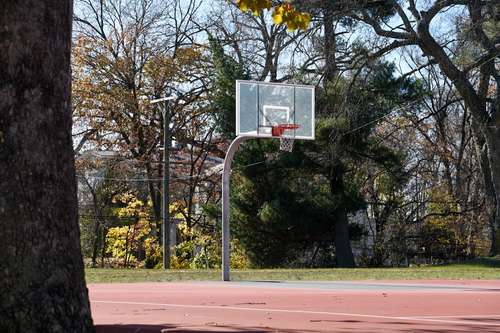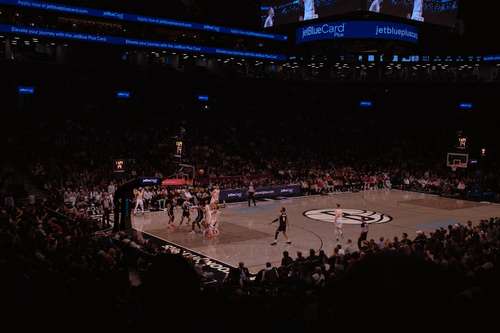In a recent episode of the "Gil's Arena" podcast, Stephen Curry, the illustrious two-time NBA MVP and renowned sharpshooter for the Golden State Warriors, proclaimed himself the greatest point guard in NBA history.
This bold declaration unfolded in response to a pointed inquiry from former All-Star Gilbert Arenas, who directly asked Curry if he considered himself deserving of that esteemed title.
Curry's brief response, a resounding "Yes," reverberates with a relentless sense of self-belief and unwavering confidence in his abilities.
Elite athletes possess an exceptional level of self-confidence, which helps them excel in their field. Stephen Curry's confidence is not solely due to his achievements but rather a reflection of his unrelenting competitive spirit that drives him to succeed on the basketball court.
The dialogue between Arenas and Curry explored the intricacies of the comparison between Curry and Magic Johnson, the iconic Lakers legend whose indelible impact spanned the NBA landscape during his era.
Johnson's storied resume, boasting five NBA championships and a reputation as an unparalleled passer and transition player, contrasts with Curry's distinct skill set, which is marked by his remarkable shooting prowess. This has revolutionized the game and ignited a fervour among aspiring players to mimic his distinctive style.
The word "résumé" stands out in Curry's statement, showing his respect for the NBA's rich history and the legends who have left their mark on it. He recognizes the incredible achievements of Magic Johnson and pays tribute to the greats who paved the way for him.
This respectful gesture signifies Curry's realization that participating in the discourse surrounding the all-time greatest point guard is a testament to his dedication and toil in honing his craft.

While Curry unflinchingly asserts his status as the premier point guard, he simultaneously acknowledges the invaluable role of contextualizing eras and deliberating the pantheon of the league's unparalleled luminaries.
He derives satisfaction from comparing and contrasting the influence of disparate generations, cognizant that such spirited debates are an integral facet of the rich basketball culture. Such discussions, rife with passion and historical perspective, captivate fans and perpetuate the enduring narrative of the sport's evolution.
Curry's statement doesn't reject the lasting impact of Magic Johnson. Instead, it highlights how the game constantly changes and how comparing players is a complex process that goes beyond just looking at statistics. This discussion includes considering the impact each player has had on their teams, their era, and the overall direction of the sport.
In this context, the term "rival" has a deeper meaning. Though Curry doesn't mention any particular opponent, he reveals his intense competitive drive. This rivalry isn't limited to beating specific opponents but is a personal drive to constantly push past limits and strive for excellence. Curry respects Johnson's impressive accomplishments, highlighting that this internal or external rivalry motivates growth and transformation in the basketball world.
Curry's "Yes" response summarises his personal journey of self-discovery, unwavering confidence in his skills, and deep appreciation for the game's history.
This interview offers insights into his self-assurance and keen understanding of the constantly changing basketball storylines. It's a world where a mix of passion, nostalgia, and respect for the sport's trailblazers fuels debates about the best players.




